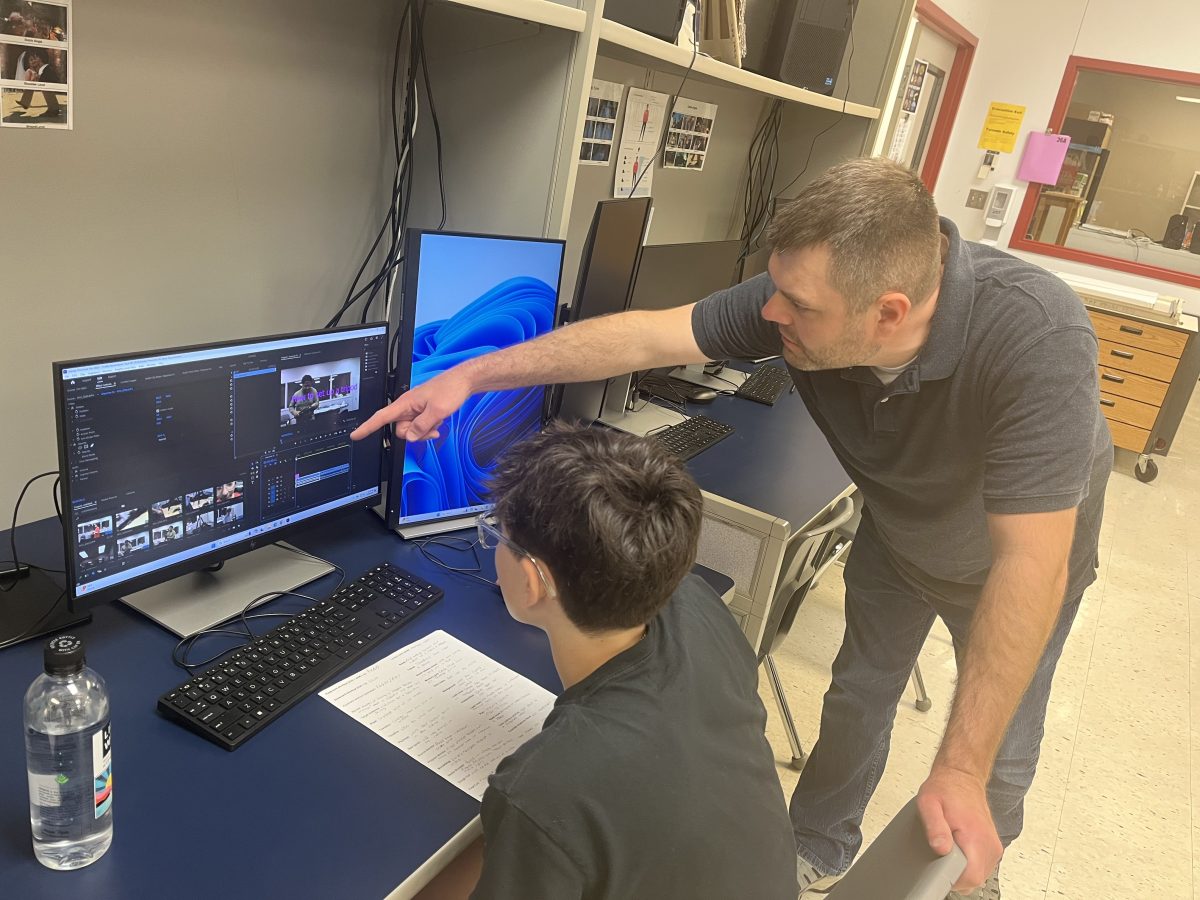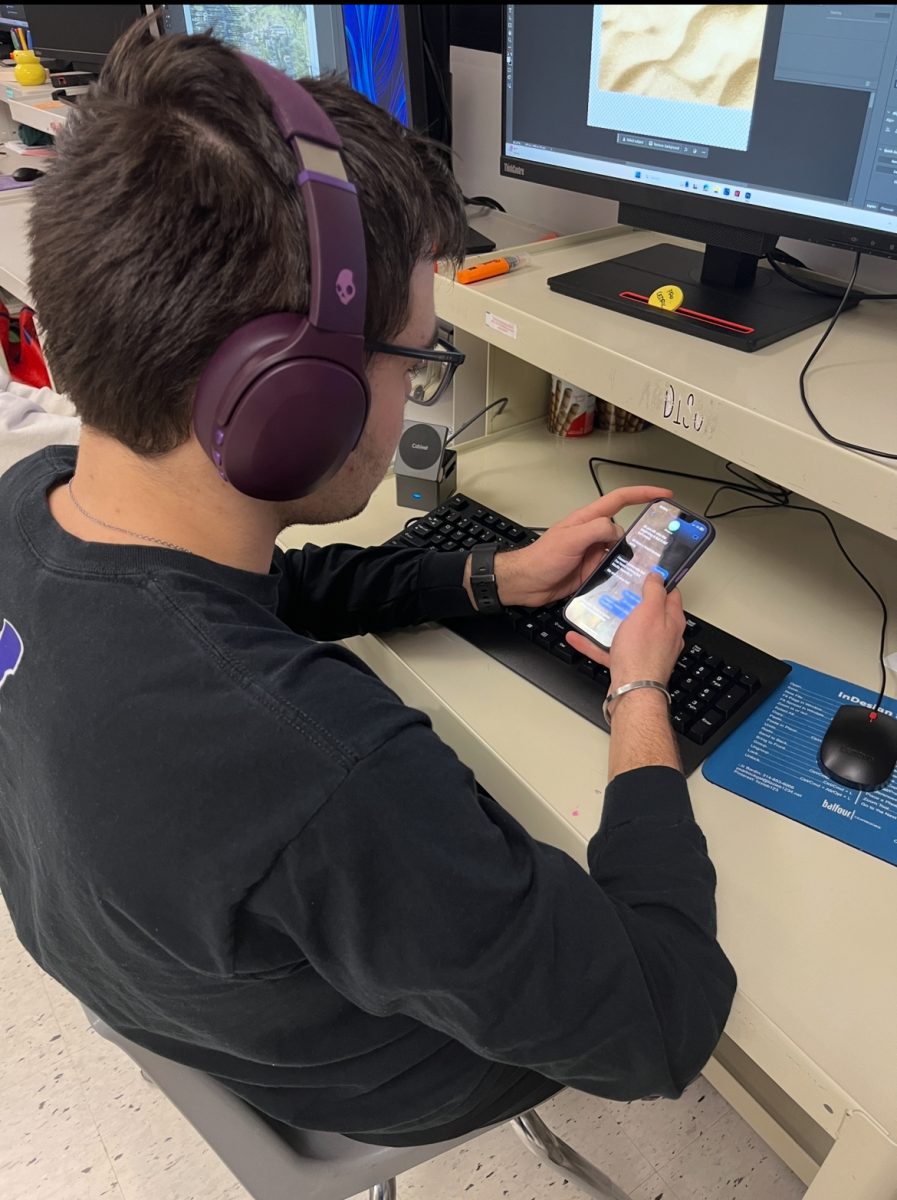The Universal Language
A look into the five core love languages
Physical touch involves expressing and receiving affection through physical contact, closeness and other forms of physical connection. People who prefer physical touch generally feel loved and valued when they are touched, considering those gestures as a form of deep appreciation. Examples of physical touch include hand holding, hugs, cuddling and kissing, according to mindbodygreen.com.
Quality time centers around togetherness and undivided attention. These people feel loved when others are present and focused when spending time with each other. Those who enjoy quality time prefer to be in the present, have technology limits and plan events out in advance. Quality time examples include starting a new hobby together, planning a vacation, watching a show together and cooking together, according to verywellmind.com.
Words of affirmation include expressing feelings through words, praise or appreciation. People whose love language is words of affirmation tend to enjoy compliments, encouragement, notes and anything that can be uplifting. These people notice and care about the small details in the lives of others. Words of affirmation can strengthen communication in relationships and provide motivation. Examples include sayings like “I’m proud of you” or “I’m thankful to have you in my life,” according to verywellmind.com.
Gift giving is the love language that includes both giving and receiving gifts. Those with this love language express love to others with gifts or feel appreciated when given one. Typically, these gifts are more thoughtful, personal and specific to the person it is for, rather than being based on a value or size. Examples include flowers, a framed photo, buying a favorite snack and hand-crafted items, according to cosmopolitan.com.
Acts of service consists of doing nice things for others, whether it is a partner or a friend. People who prefer acts of service feel more loved when others do things to help out and also enjoy doing things for others as well. They tend to believe actions speak louder than words and will notice and appreciate the little things people do for them. Examples include running errands, doing the dishes, cooking dinner and checking in after a stressful day, according to cosmopolitan.com.
To find your love language, visit 5lovelanguages.com to take the quiz.































